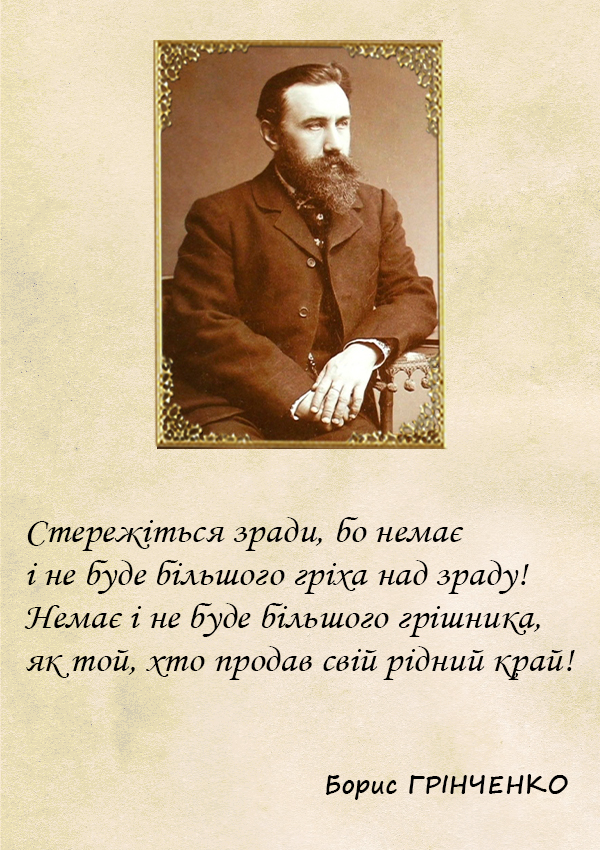
(Opinion-article)
“Life appears to me too short to be spent in nursing animosity or registering wrongs”
(Charlotte Bronte)
Imagine or remember your grudge. Feel its presence in your head. Have you already done it? And now — analyze the situation thoroughly. First of all, you must understand the reason for this bitter feeling in your soul. I can help you…
Primarily, grievances are unjustified expectations. Perhaps, you have been expected one from the man, but he acted differently. Maybe, you didn’t know him well enough, as you were shocked by his actions. Although it is sometimes very difficult to predict what even the person we have known for ages will do.
Some psychologists view resentment as a zone of personal growth. For example, you are told that you do not know how to do something, or that your figure is far from ideal or something else offensive to you. If the spoken words hurt you, that is exactly what you think of yourself, even if you are not ready to admit it to yourself. In this case, think about what specifically offended you. This is precisely the growth zone, the place that prevents you to accept and love yourself. It would be better to thank the offender for pointing out to you exactly what you feel bad about.
Resentment is usually a subjective feeling. For example, what can be offensive for one person, for another — is not even worth attention. This proves that we are all different: with our own character, upbringing, level of emotional sensitivity, features of the nervous system and attitudes. It’s not always when someone offends you, he does it on purpose. It is possible that some words or actions hurt you because this is your “pain point”, which is not known to others. And, perhaps, the offender does not have a sufficient level of tact, tolerance, and life experience to understand that he is saying or doing something wrong.
Of course, the most loved ones can really hurt. Treason, betrayal, unwillingness to meet in the resolution of conflicts, indifference, and other unpleasant actions are reasons to be offended. But think, do you need it? In some situations, it is better to minimize communication with such a person or even let go, but before that it is better to forgive all offenses. This is not necessary for someone else, but for you. Constantly scrolling through some kind of painful situation in your head, remembering the details of resentment, you will not make the offender worse. Since you experience negative emotions, it is your body that suffers. Specialists know that negative emotions affect your heart, liver, and even stomach. After all, it is no secret to anyone that stress provokes health problems. Resentment — this is stress and constantly “chewed” resentment is steady stress. Over time, emotional problems lead to physical illness.
I wish you to learn something even from negative situations. Oddly enough, the most valuable experience we get from difficult life situations. Be grateful to those people and circumstances that test your strength. After all, they make you stronger.
To sum up, I want to say, that forgiving an insult and letting it go is a special skill that can be shaped like any other skill. This does not mean that it needs to be swallowed. It is necessary to study those unpleasant feelings that it causes. There will be no negative feelings — there will be no resentment. Forgiving the offender, you become stronger, freed. As once T.P.Kumalo remarked, “You will never hold grudges, when you know that your blessings are better than your bitterness.”
May 14, 2020


























































Залишити відповідь